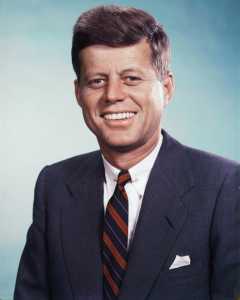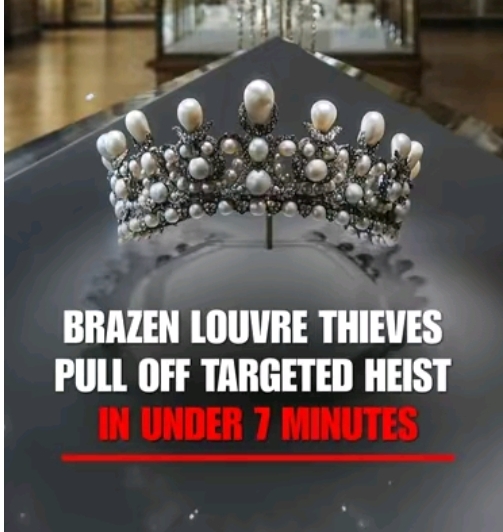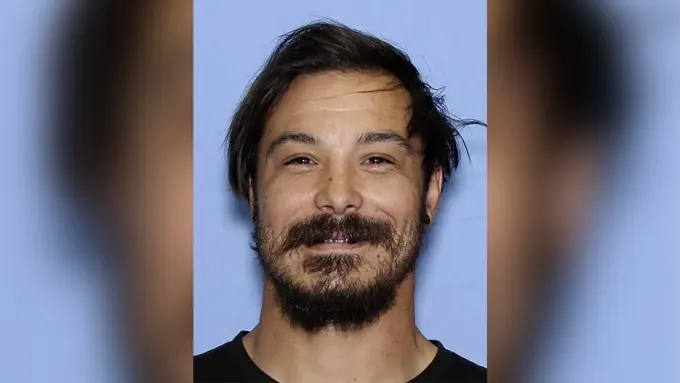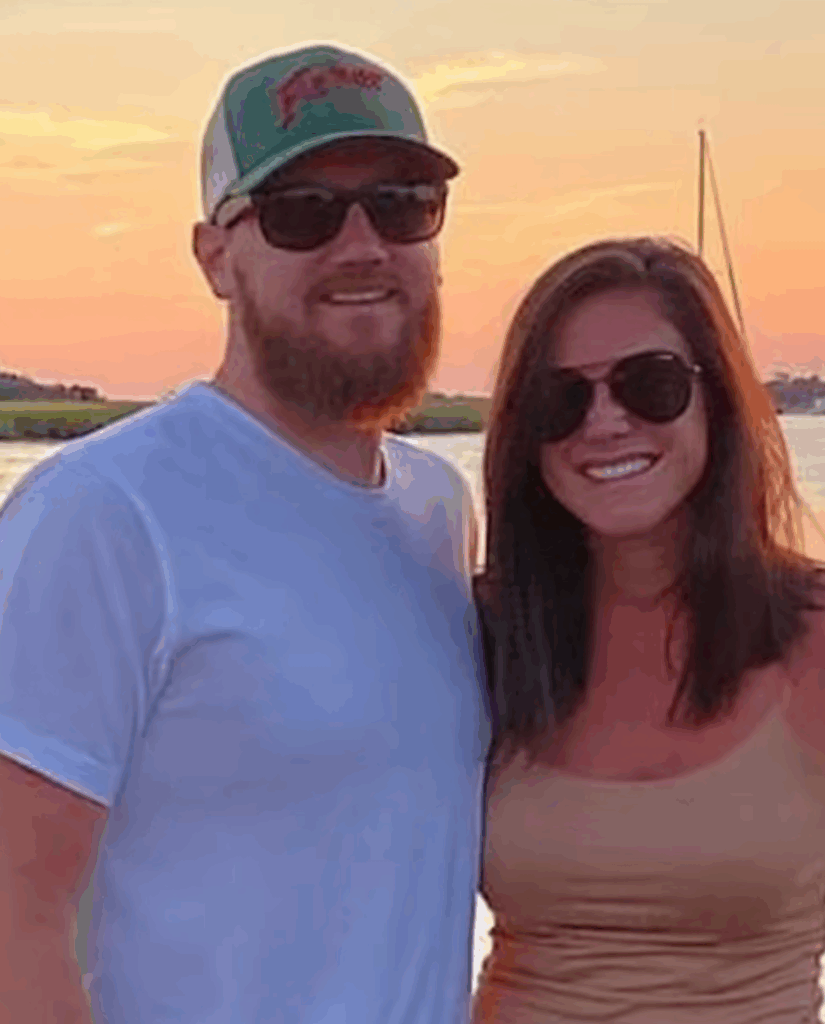November 22, 1963, is a day etched in history. President John F. Kennedy was assassinated in Dallas, Texas, while riding in a motorcade through Dealey Plaza. His death shocked the nation and sparked decades of debate and conspiracy theories. Here’s a quick look at what happened, the aftermath, and why it still matters.
JFK, a charismatic leader, was in Dallas to rally support for his re-election campaign. At 12:30 p.m., shots rang out as his motorcade passed through Dealey Plaza. Kennedy was hit twice and pronounced dead at the hospital. Texas Governor John Connally, also in the car, was seriously wounded.
Lee Harvey Oswald, a former Marine with Marxist ties, was arrested for killing a police officer shortly after the assassination. He was later linked to JFK’s murder, accused of firing from the Texas School Book Depository. But before he could stand trial, Oswald was shot and killed by Jack Ruby, a nightclub owner, on live TV.
President Lyndon B. Johnson created the Warren Commission to investigate. They concluded Oswald acted alone, but many Americans doubted this. Questions about bullet trajectories, Oswald’s motives, and possible conspiracies fueled skepticism.
The JFK assassination is a hotbed for conspiracy theories. Some blame the CIA, the Mafia, or even foreign governments like Cuba or the Soviet Union. Others point to the military-industrial complex, suggesting Kennedy’s push for peace made him a target. Despite decades of investigation, no definitive proof of a conspiracy has been found.
JFK’s death marked the end of an era of optimism and began a period of turmoil in the 1960s. It also left a lasting impact on American culture, inspiring countless books, movies, and debates. The assassination reminds us of the fragility of leadership and the enduring search for truth.
The JFK assassination remains one of history’s most debated events. Whether you believe the official story or suspect a conspiracy, it’s a moment that continues to captivate and haunt us. What do you think? Share your thoughts below.




